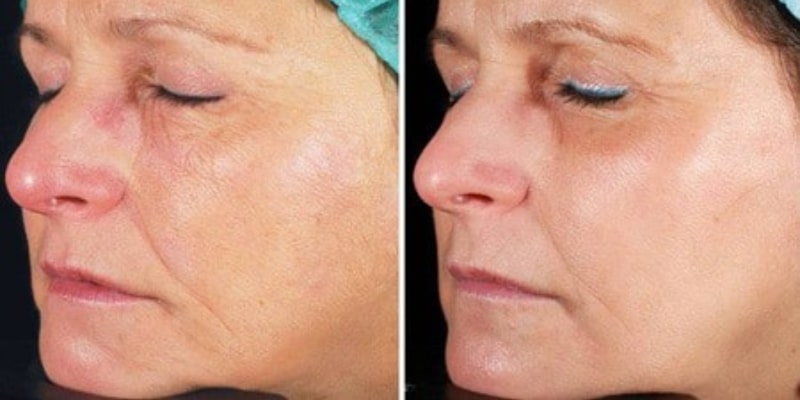Comprehensive dental checkups allow a dentist to evaluate all aspects of your oral health, including your mouth, gums, and teeth. By understanding the benefits of routine oral checkups, you get empowered to prioritize various practices that promote long-term dental health. Here are some ways scheduling routine checkups with a professional dentist can benefit you:
Detects Oral-Systemic Connections
Bacteria from oral infections, cavities, or gum disease have a chance to enter your bloodstream and spread throughout your body. This increases the risk of chronic inflammation and systemic health complications, such as cardiovascular disease and diabetes. With X-rays, a dental practitioner can assess the health of your gums by evaluating factors such as pocket depth, inflammation, and bleeding. These issues may be signs of advanced gum infection and bone loss, which increase systemic risks. Checkups also help dental specialists identify oral signs that may signal systemic complications, including tissue changes or oral lesions.
Promotes Tailored Advice
Dental specialists tailor recommendations after evaluating factors such as jaw function, gum health, bite alignment, and tooth abrasion. Checkups also provide these practitioners with opportunities to ask about patients’ lifestyles, medications, hygiene routines, and medical history. By collecting this information, a dental specialist can recommend products and practices that suit your oral health, habits, and sensitivities.
A dental specialist also provides personalized advice and treatments that align with your oral health goals. These goals may include achieving whiter teeth, overcoming bad breath, and improving comfort and alignment of the teeth and jaw. Personalized advice can help you adjust your lifestyle or habits and also follow effective practices to improve your dental health outcomes.
Detects Oral Problems Early
During checkups, a dental practitioner can conduct various forms of evaluations, such as:
- Periodontal checking
- Bite and jaw analysis
- X-rays
- Visual exams
- Oral cancer screenings
A dental specialist can visually inspect your gums and teeth to detect issues such as bleeding or swollen gums, enamel wear, and plaque or tartar buildup. Visual inspections enable dental practitioners to detect oral problems such as gum disease, tooth decay, and cavities. Periodontal evaluation involves probing techniques, in which a dentist analyzes pocket depth to determine whether you have jawbone loss or periodontitis. Oral cancer screenings allow a dental specialist to identify early signs like sores, lumps, and patches in the mouth. Bite and jaw analysis help dentists detect early signs of orthodontic issues, such as malocclusions, irregular jaw growth, and changes in spacing or crowding.
Dental Interventions After Early Detection
After detecting signs of cavities, dental specialists recommend protective treatments, such as dental sealants and fluoride treatments. For gum disease, you may undergo deep cleaning to remove plaque and tartar that have accumulated along the gumline. If a dentist detects early signs of oral cancer through screenings or biopsy, they’ll refer you to an oral surgeon for further evaluation and proper treatment. For malocclusion and jawbone misalignment, a dental specialist will recommend orthodontic treatments such as braces, clear aligners, or palatal expanders.
Visit a Dentist Today
Routine checkups from a professional dentist can help protect your oral health by detecting and managing problems early. Regular checkups also allow a dental practitioner to monitor your health and recommend effective oral hygiene practices. Begin scheduling routine checkups with a trusted and reliable dental practitioner today to enjoy good, long-term oral health.





